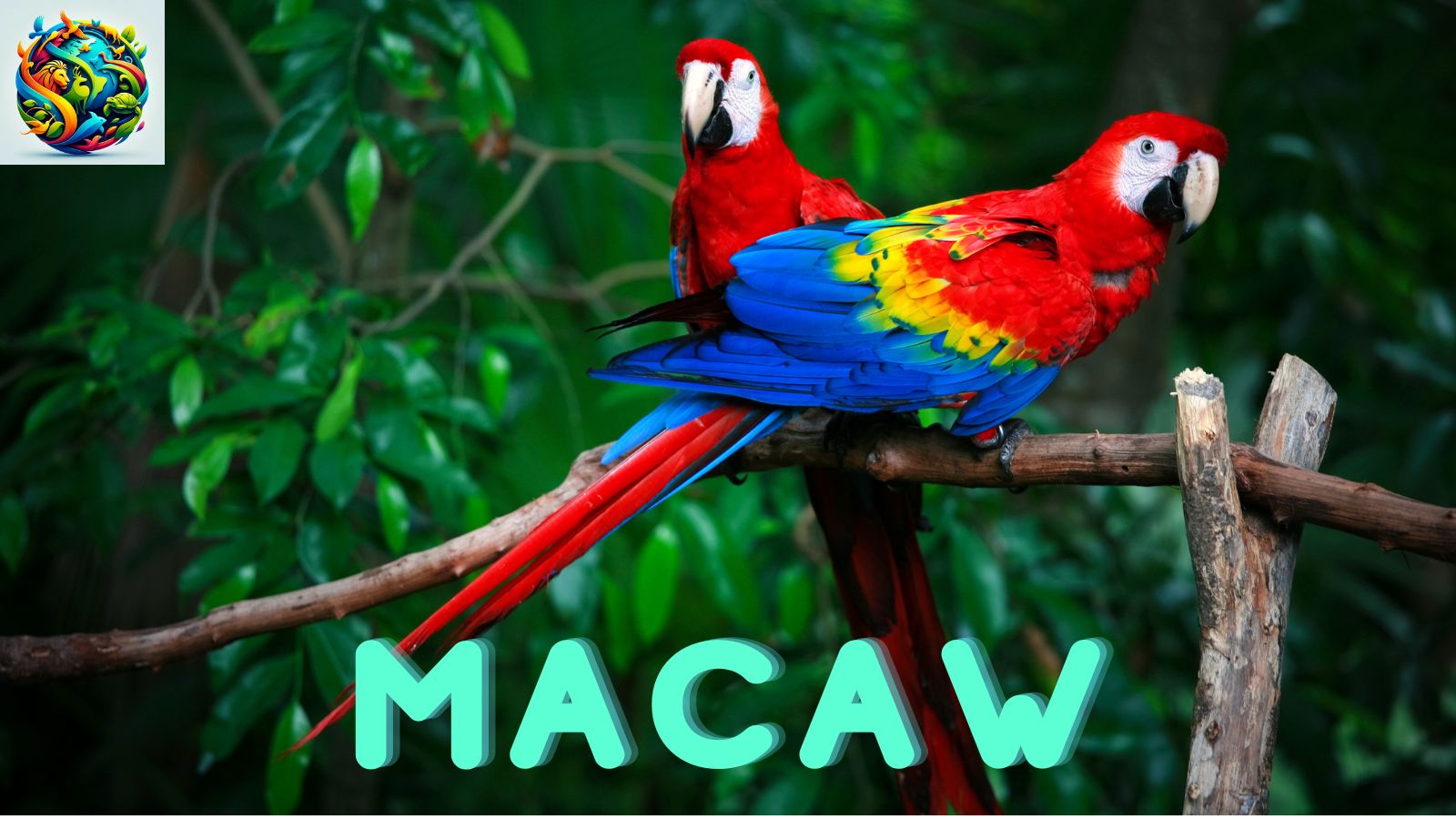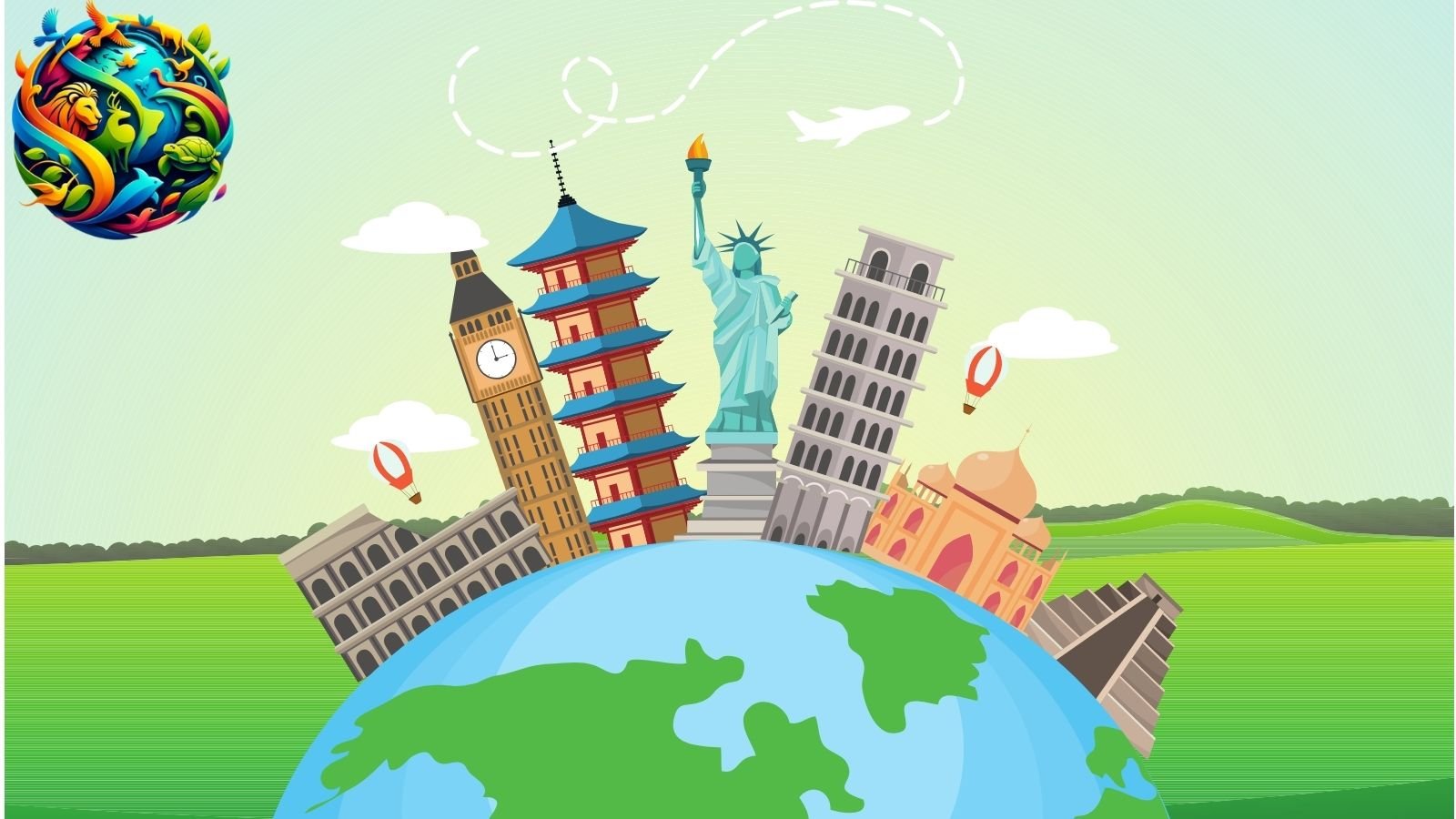Top 10 Long-Lasting Animals
OMG, guys! Life on Earth is seriously mind-blowing! There are so many incredible creatures out there that totally break the rules of time! It’s like they’re living in a whole different dimension! They are like living proof of how resilient and adaptable life can be. In this article, we will explore the secrets of the top 10 longest-lasting animals, learning about the complex network of factors that keeps them alive over the ages as well as the mysteries surrounding their extraordinary lifespans.
Immortal Jelly Fish:
One of the Top 10 Long-Lasting Animals
Folks are interested in the immortal jellyfish because it can change back to its juvenile stage after it has reached old age, essentially starting its life cycle over again. Transdifferentiation is the word for this effect.
- Estimated Lifespan:
No one knows for sure how long an immortal jellyfish can live. Their normal life cycle stages allow them to repeat themselves, but in general, they have an estimated lifespan of two to three years.
- Reasons for Longevity:
- Life Cycle Reversal: In response to stress, harm, or the effects of aging, the immortal jellyfish has the remarkable ability to regenerate its cells into younger ones, effectively reversing the effects of time.
- The jellyfish is able to regenerate and begin its life cycle again by undergoing cellular transformation, a process known as transdifferentiation. This allows it to change its specialized cells, such as muscle cells, into other cell types.
Quahog:
One of the Top 10 Long-Lasting Animals
The ocean quahog is a species of clam that lives in the North Atlantic. These clams have an incredible lifespan and have been known to live for centuries.
- Estimated Lifespan:
Ocean quahogs have been known to live for more than 400 years in some cases, making them one of the oldest animals known to science.
- Reasons for Longevity:
- Slow Metabolism: longer lifespan due to slower aging.
- Low Predation: Live in deep oceans with minimal predation pressure.
- Hard Shells: Protect from predators and environmental stressors.
- Stable Environment: Live in deep oceans with less temperature and environmental variability, reducing stress.
Greenland Shark:
One of the Top 10 Long-Lasting Animals
The Greenland shark is a remarkable species known for its long lifespan. Here are some details about its age and the reasons for its long lifespan:
- Estimated Lifespan:
Greenland sharks have an estimated life span of several centuries, according to studies. Some individuals are believed to be over 400 years old, making them one of the oldest known vertebrate species.
- Reasons for Longevity:
- Slow Metabolism: Greenland sharks have a slow metabolic rate, promoting longevity by conserving energy and reducing reactive oxygen species production.
- Cold Environment: Living in cold Arctic and sub-Arctic waters, their slow metabolic rates contribute to their slow growth and longevity.
- Limited Predation: Adult Greenland sharks have few natural predators, reducing predation pressure and allowing them to survive longer.
- Low Reproductive Rate: Females reach sexual maturity decades later, enhancing their reproductive chances.
- Efficient Hunting: Greenland sharks are scavengers and opportunistic feeders, aiding their survival in harsh Arctic environments.
Bowhead Whale:
One of the Top 10 Long-Lasting Animals
The bowhead whale is a remarkable species renowned for its exceptional longevity. Below is some data regarding the age of the subject and the factors contributing to its long lifespan:
- Estimated Lifespan:
Research conducted using eye lens analysis and other age-determination techniques indicates that bowhead whales have a lifespan exceeding 200 years. Some of them might even be older than this, which would make them among the oldest mammals ever discovered.
- Reasons for Longevity:
- Slow metabolism conserves energy and reduces reactive oxygen species production, aiding in longevity.
- Cold Environment: Lives in Arctic and sub-Arctic waters, contributing to slow growth and longevity.
- Limited Predation: There are few natural predators, reducing predation pressure and enabling longer survival.
- Efficient Feeding Strategies: Primarily consumes zooplankton and small fish, enabling adequate nutrition with minimal energy expenditure.
- Genetic Factors: Specific genetic adaptations may contribute to longevity.
Red Sea Urchin:
One of the Top 10 Long-Lasting Animals
Red sea urchins are interesting sea creatures that are known for living a long time and being important to the environment. Here is some information about how old they are and why they live so long:
- Estimated Lifespan:
Red sea urchins are one of the longest-living marine species. Studies show that they can live for more than 200 years in the wild.
- Reasons for Longevity:
- Slow Metabolism: Red sea urchins’ slow metabolism helps them survive longer due to fewer reactive oxygen species.
- Low Energy Expenditure: Their simple lifestyle, mainly eating algae and trash, allows them to save energy and invest in repairs and maintenance.
- Stable Environment: Their stable coastal marine environments lower stress, enhancing their survival chances.
- Regenerative Abilities: Their ability to heal from injuries and fix damaged tissues aids their longevity.
- Predator Protection: Their spiny shells protect them from predators, enhancing their survival chances.
- Genetic Factors: Changes in their genes may contribute to their longevity.
Galápagos Tortoise:
One of the Top 10 Long-Lasting Animals
Notable for its enormous size and long lifespan, the Galapagos tortoise is an indigenous tortoise species of the Galapagos Islands. Find out how old it is and what makes it last so long by reading this:
- Estimated Lifespan:
The average lifespan of one of these tortoises in nature is over a century. Even beyond 150 years old, there are some people.
- Reasons for Longevity:
- Slow Metabolism: Galapagos tortoises have slower metabolisms, leading to a longer lifespan.
- Efficient Resource Use: They thrive in dry and semi-dry environments, saving energy and water.
- Limited Predation: Few animals eat them in their natural habitat, reducing the risk of premature death.
- Adaptations to Hazardous Environments: Their bodies and behaviors adapt to survive in the Galapagos Islands, enhancing their health and longevity.
- Genetic Factors: Genetic studies indicate genetic adaptations that may extend lifespans.
- Life History Strategies: Their cautious reproduction approach may contribute to their longevity.
- Conservation Efforts: Protecting Galapagos tortoises and their homes reduces survival threats.
Koi Fish:
One of the Top 10 Long-Lasting Animals
Koi fish are famous for the beautiful colors they have and the way they swim. Here is some information about how old they are and why they live so long:
- Estimated Lifespan:
If you take good care of your koi, it can live for more than 20 to 30 years. Some specimens that are kept in very good condition have been said to live even longer, sometimes 40 years or more.
- Reasons for Longevity:
- Environment Quality:
- Koi fish require clean, well-oxygenated, stable water for longevity.
- Regular filtration and changes are necessary for good water quality.
- Nutrition:
- Koi fish require essential nutrients from pellets, flakes, vegetables, and treats.
- Water Parameters:
- Stability of temperature, pH, ammonia, nitrite, and nitrate is crucial for stress reduction and disease prevention.
- Overcrowding:
- Overcrowding increases stress and disease transmission.
- Proper pond and tank spacing and stocking can promote longevity.
- Disease Prevention:
- Regular health checks and quarantines can prevent diseases.
- Genetics:
- Selective breeding for desirable traits and genetic diversity can extend lifespans.
African Elephant:
One of the Top 10 Long-Lasting Animals
The biggest land animal on Earth is the African elephant, which is known for being smart, social, and living a long time. Here is some information about how old they are and why they live so long:
- Estimated Lifespan:
In the wild, the average life span for an African elephant is between 60 and 70 years. But some people have been known to live longer than 70 years, especially in sanctuaries and protected reserves.
- Reasons for Longevity:
- Large Body Size: Smaller animals live shorter lives, extending their lifespan.
- Social Structure: Matriarchs lead complex family groups, improving survival rates.
- Herbivorous Diet: A high-fiber and nutrient diet improves health and longevity.
- Natural Defenses: Large size, tough skin, tusks, intelligence, and social bonds help navigate complex ecosystems.
- Protected Areas: National parks, reserves, and sanctuaries provide better protection from threats.
- Conservation: anti-poaching patrols, habitat restoration, and community-based conservation aid elephant populations.
Human:
One of the Top 10 Long-Lasting Animals
Compared to many other mammals, humans live a long time. Here are some important facts about human age and the reasons why people live so long:
- Estimated Lifespan:
Over the past 100 years, the average life expectancy around the world has grown a lot. The average life expectancy at birth in many developed countries is between 70 and 80 years. However, many people live well into their 80s, 90s, and even beyond 100 years.
- Reasons for Longevity:
- Biological Factors: Humans have evolved traits that aid longevity, including a complex brain and a slower aging rate.
- Cultural and Social Factors: Social structures, technologies, and practices like healthcare, education, clean water, sanitation, and community support contribute to longevity.
- Nutrition and Diet: A balanced diet with fruits, vegetables, whole grains, lean proteins, and healthy fats is crucial for good health.
- Healthcare and Medicine: Advancements in medical science and disease prevention have made people healthier and longer-lived.
- Lifestyle Choices: Maintaining a healthy weight, regular exercise, avoiding smoking or drinking, and managing stress can improve longevity.
- Genetics: Genetic predispositions can influence health and longevity.
- Environment: Clean air, water, and safe homes can promote health and longevity.
Macaw Parrot: One of the Top 10 Long-Lasting Animals

Among the world’s longest-lived bird species, macaw parrots are renowned for their brilliant plumage and intelligence. You can learn more about their age and the factors that contribute to their longevity by reading this:
- Estimated Lifespan:
Macaws can live between 50 and 100 years or more, with some reports of macaws reaching over 100 years old.
- Reasons for Longevity:
- Macaws require a balanced diet of fruits, nuts, seeds, and vegetation for long-term health.
- They thrive in mentally and physically stimulating environments like foraging, puzzle toys, and social interaction.
- Regular veterinary checkups and preventive care are crucial for early health detection and treatment.
- Socialization and bonding opportunities are essential to prevent loneliness and boost mental health.
- Genetic predispositions may affect lifespan and health.
- Rainforest ecosystem conservation is crucial for survival and protection from habitat destruction and illegal wildlife trade.
Conclusion
These animals serve as a powerful reminder of the critical need to comprehend and safeguard biodiversity. As caretakers of the Earth, it is our duty to safeguard their natural homes, address challenges, and promote conservation initiatives to secure the existence of these incredible creatures for the benefit of future generations to appreciate and learn from.
By engaging in continuous research and education, we can further explore the secrets of longevity and gain insights from the methods used by these remarkable creatures to sustain their well-being and energy throughout their lives. By recognizing and protecting the top 10 longest-living animals, we pay tribute to the intricate web of life and the marvels of our natural environment.



The very core of your writing while appearing agreeable in the beginning, did not really settle perfectly with me personally after some time. Someplace within the sentences you actually managed to make me a believer unfortunately only for a short while. I however have got a problem with your leaps in assumptions and you would do well to fill in all those gaps. In the event you can accomplish that, I would surely be fascinated.